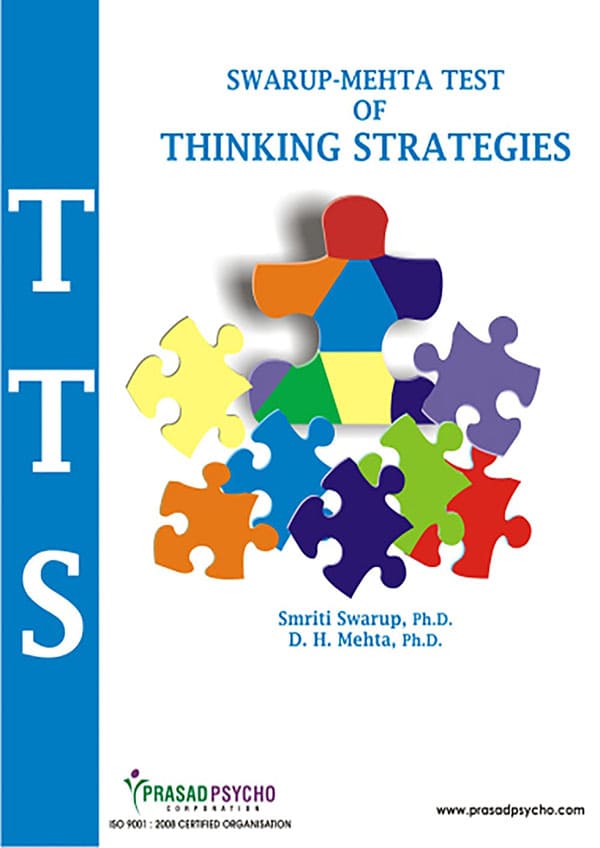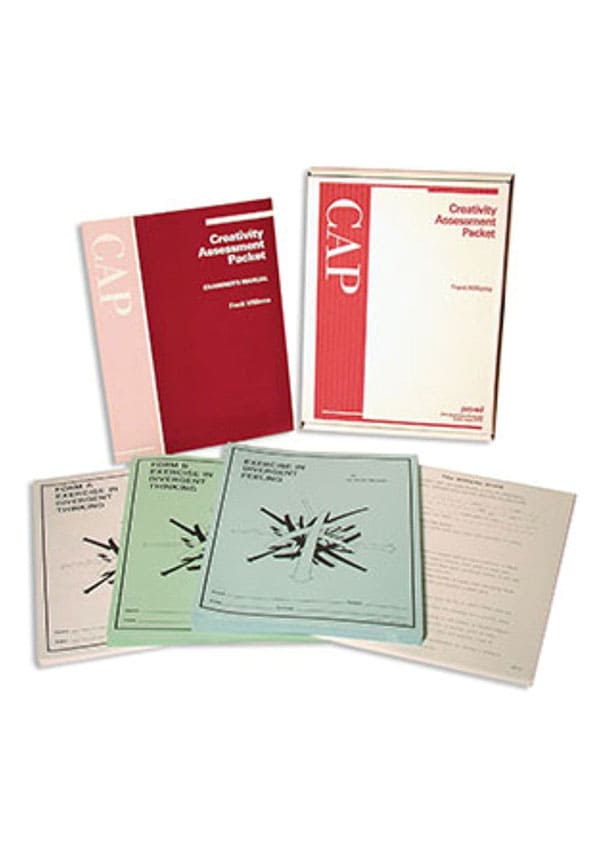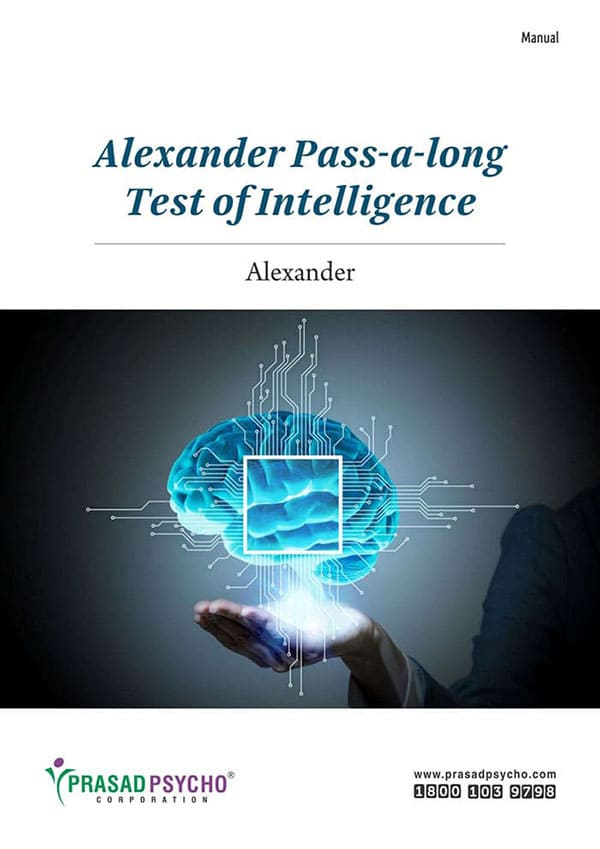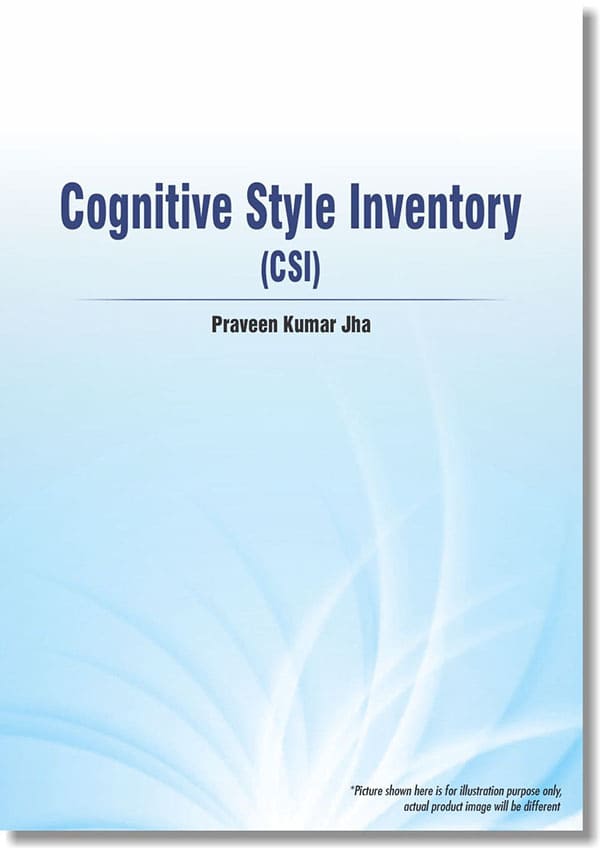Description
The Primary Test of Nonverbal Intelligence (PTONI) is a theoretically sound, research-based method of assessing reasoning abilities in young children. Psychologists, diagnosticians, special educators, speech-language pathologists, and other professionals can use this test to identify both severe intellectual deficits and superior cognitive intelligence; help estimate future school success based on family history, educational background, and personality traits; and study a wide range of researchable topics and issues. The PTONI was normed on a culturally and ethnically diverse demographic sample of 1,010 children, residing in 38 states. It is unbiased, quick, accurate, and cost-efficient. Testing takes approximately 5 to 15 minutes. Minimal oral directions and a pointing-response format make it one of the simplest and easily understood of all nonverbal intelligence tests designed for young children.
The nonverbal format of the PTONI is especially appropriate for testing children who typically are not verbally or motorically well developed. Furthermore, directions in eight alternative languages are provide for the PTONI making it an appropriate assessment of intelligence for children from diverse language backgrounds.







